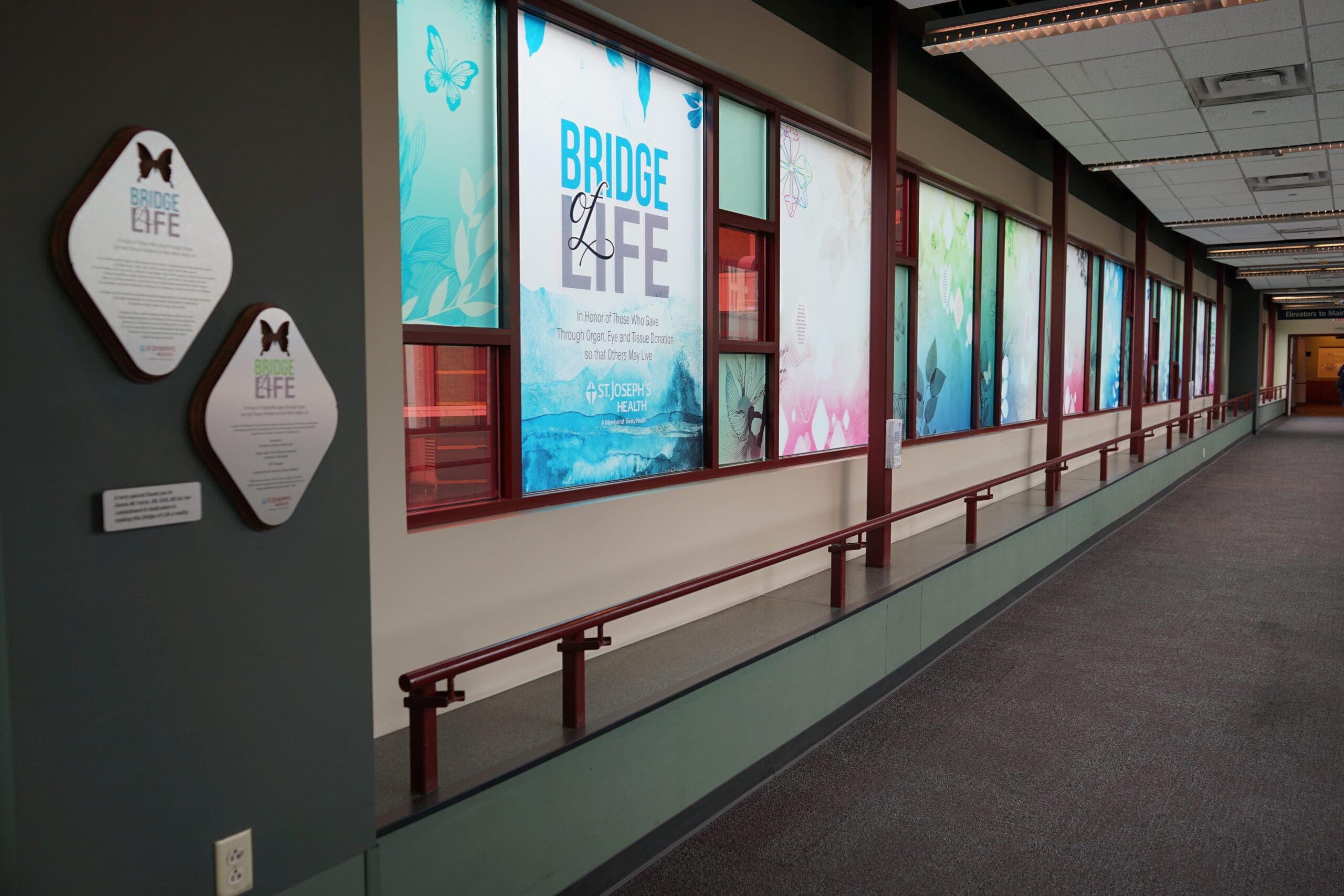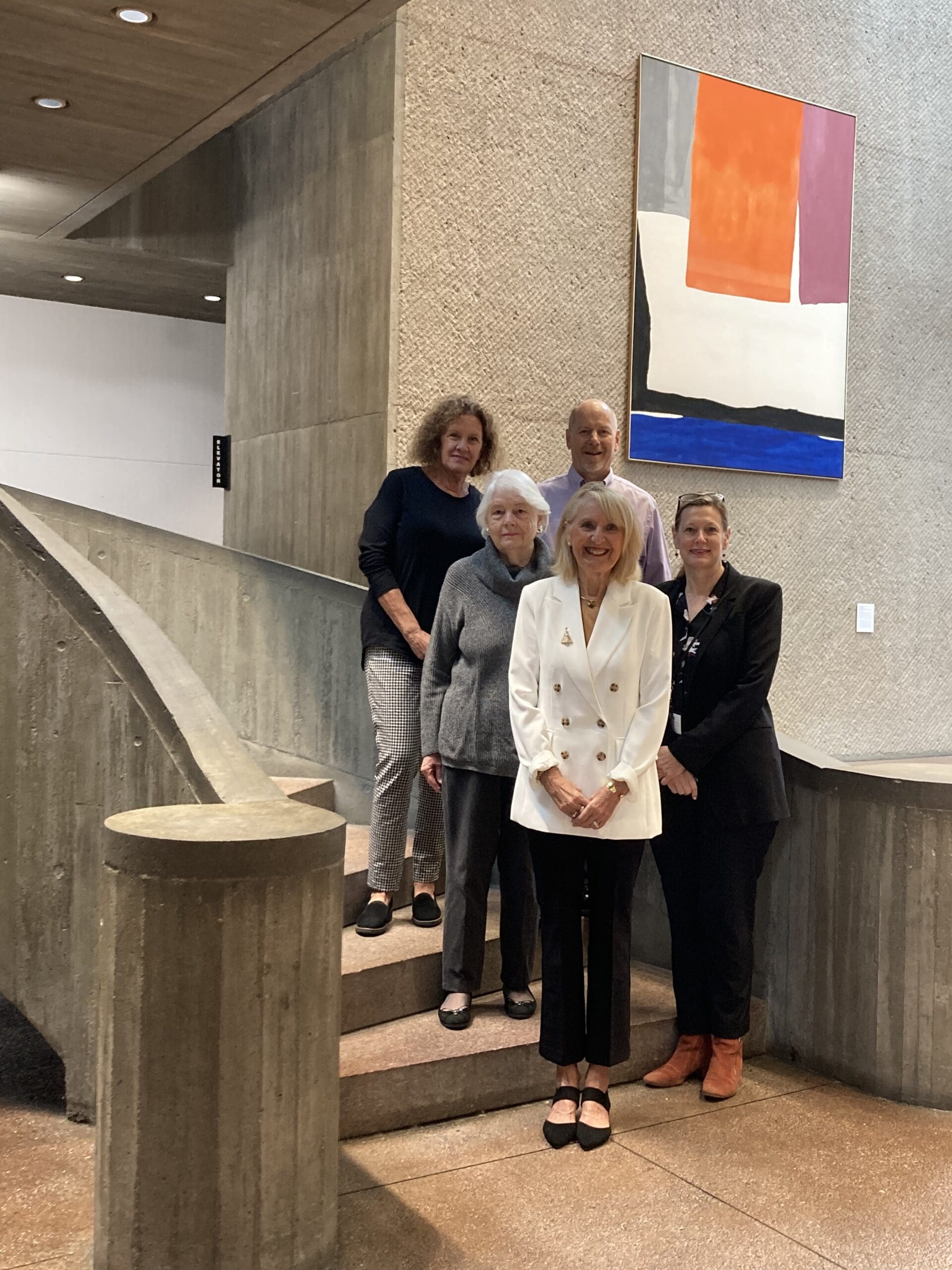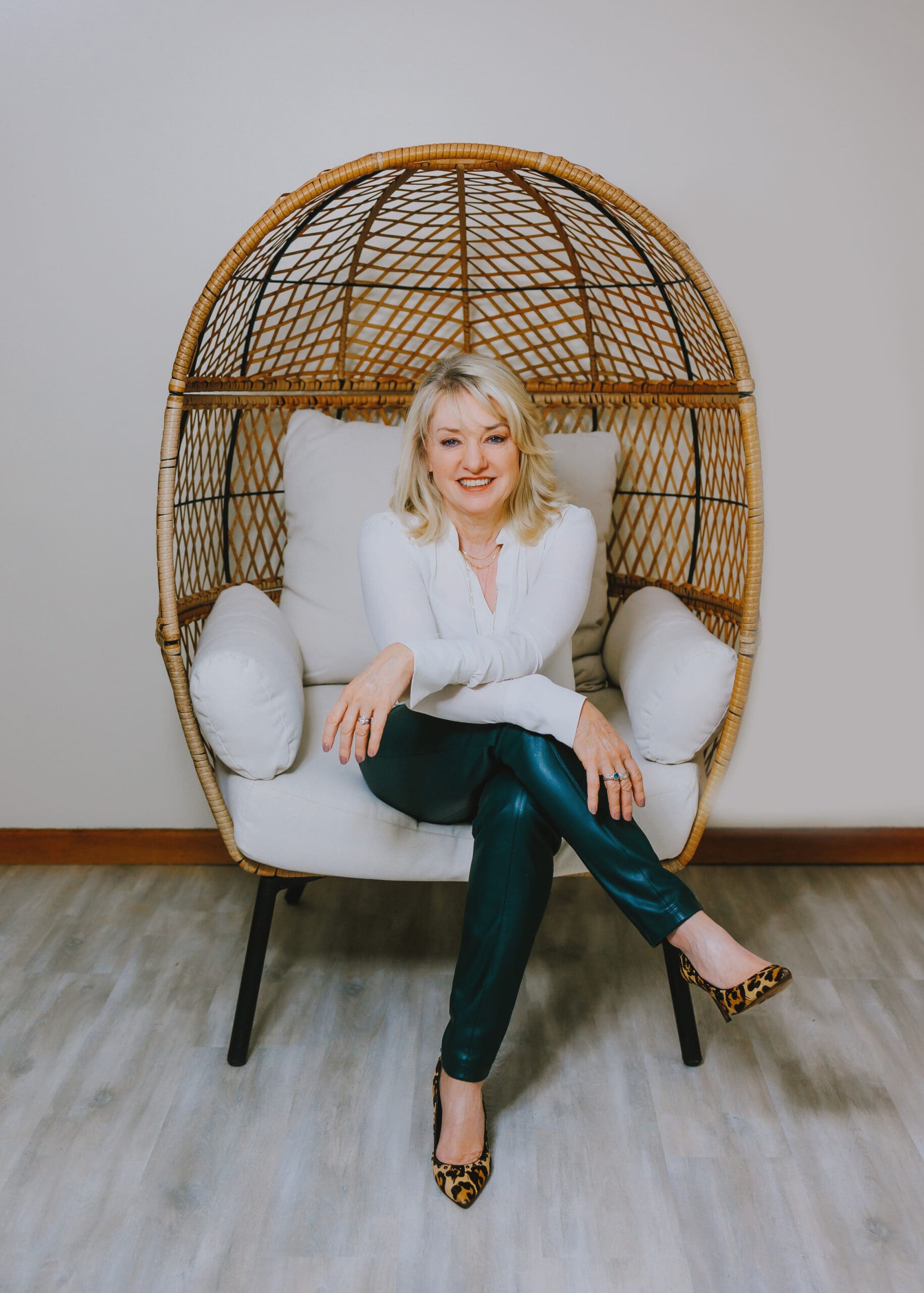Filling an Empty Nest
Preparing for an empty nest can stir up a whole host of emotions: sadness, uncertainty, loneliness and, at the same time, maybe even a little bit of relief and excitement about what’s to come.
As women, we typically manage our children’s schedules: from diapers to driving lessons, carpools to college applications, and everything between. While the role of “Mom-in-Chief” can be a fulfilling one, eventually there comes a time when our services are no longer needed, at least not in their original capacity.
Though I wouldn’t trade the “Mommy Years” for anything in the world, I’d be lying if I said I never daydream about what I’ll do when I have more free time. I have two more years before I’m an official empty-nester. But I’m a planner, so, I figured it couldn’t hurt to do some research in preparation for this next phase of life.
Turns out I wasn’t alone in my thinking.
Melissa T. Shultz, author of “From Mom to Me Again: How I Survived My First Empty-Nest Year and Reinvented the Rest of My Life,” said, “Parenting doesn’t stop, but it does change.”
According to Melissa, about three million women become empty-nesters each year. While there are plenty of self-help articles devoted to reinventing yourself once empty-nest syndrome hits, most of this information addresses only what to do after the kids leave home, not before, Melissa explained. So, she began thinking about how to transform into the role of empty-nester.
“Try new things on for size,” she said. “You don’t need to marry the activity — just give it a chance and see what interests and friends might come from it. This way, you are more purposefully engaged, rather than mindlessly engaged — intentionally moving forward. It can be scary, I know, but it’s also empowering.”
When most of us think about a time we’ll be free to take up a new hobby, go back to school or reenter the work force, we often don’t factor in things that might prevent us from achieving our later-in-life goals. After all, we’ve already earned our stripes, right? But what if life throws you a curveball?
In Melissa’s case, that curveball was a breast cancer diagnosis at age 45. At the time, Melissa’s sons were 10 and 12 years old. In an essay for the website “Scary Mommy,” she wrote it “felt like the end of the world.”
When asked if her empty-nest plans would have been different without that experience, Melissa explained that cancer forces conversations about mortality, hopes and dreams, and “whether or not we have achieved them,” she said. She was reminded of longterm goals she’d put on hold when she had her children. Writing a book was one of them.
“Had I not developed cancer, I’m not sure I would have pushed myself in quite the same way,” she said. “I understand now, more than ever, not only how temporary life is, but the importance of shifting expectations to meet changing realities.”
In “From Mom to Me Again,” Melissa wrote, “the single biggest feeling the empty-nest women I’ve spoken to expressed, even for those who initially are thrilled to have some time of their own, is a sense of stillness.”
With a calendar revolving around the family schedule, mothers always have something to do, Melissa explained. When the house empties, it can cause a dramatic shift.
When Melissa was diagnosed, she felt a similar change. Her time was her own again, she said, but she hated to be still. Her children were a welcomed distraction. She devoted energy to making sure her children “didn’t pick up on any negative, ominous vibe — a ‘Mom’s on the phone whispering’ sort of thing,” she said, explaining she did her best to avoid talking to friends and family about her illness when her boys were around.
“I wanted to be fully present, and have life go on as normally as possible,” she said. “I carried that forward as I moved past the cancer, trying to create a sense of peacefulness, not stillness.”
Bridging the “old” Melissa to the “new” Melissa was a road paved with pebbles she needed to sort through, she said. For women sorting through their own pebbles — women who may be juggling more than one type of life transition at a time — Melissa stressed the importance of moving forward with self confidence.
“There are few wrong paths in life,” she wrote in her book. “If you don’t like the one you’re on, try another.” SWM
For more information on “From Mom to Me Again” and Melissa T. Shultz, visit her Facebook page.
For more from writer Christine A. Krahling, visit keepcalmandwrite.com.





